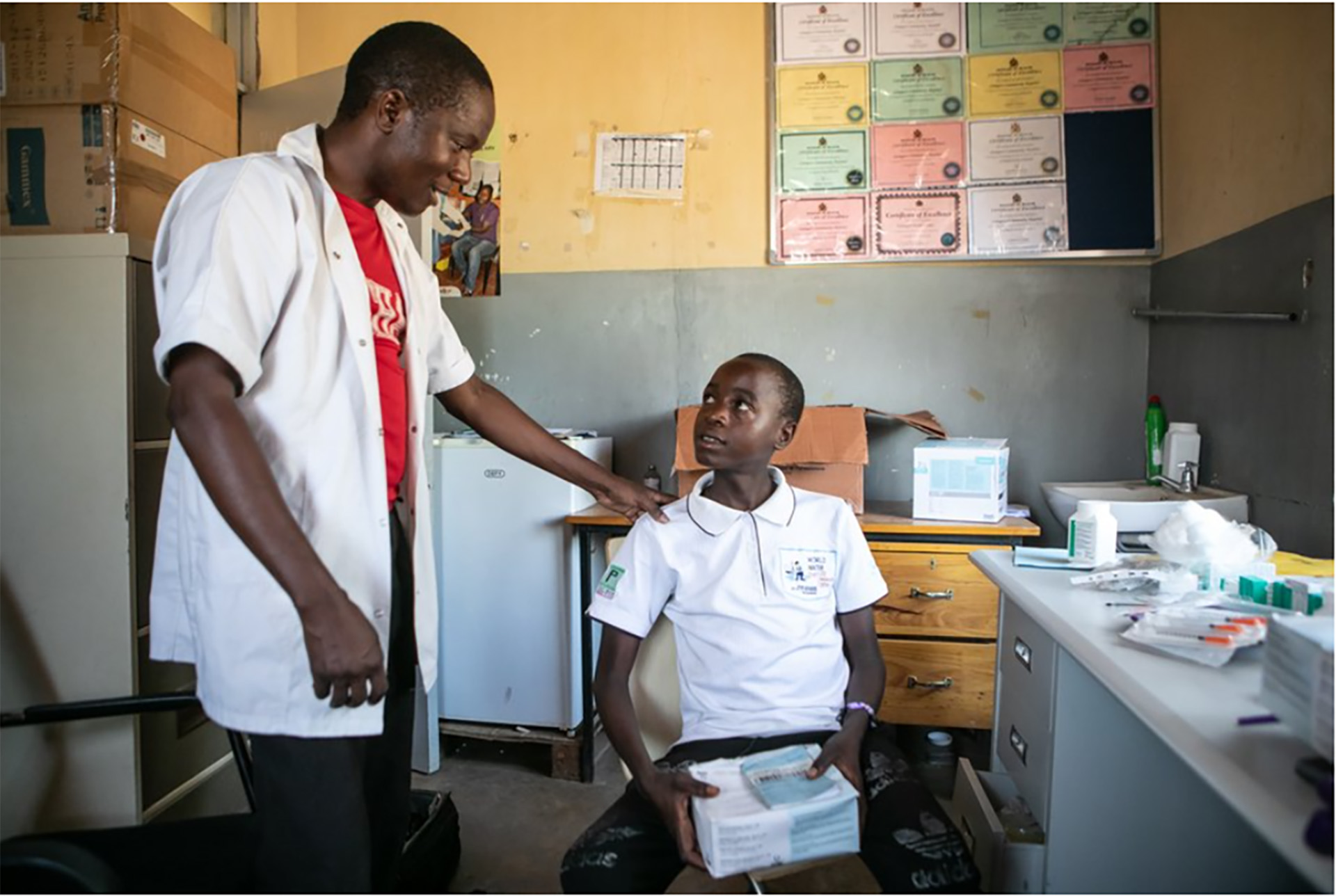Solutions for access to NCD medicines
Currently, most people in low- and middle-income countries pay for medicines out-of-pocket, often leading to financial hardship. There has been a rise in noncommunicable diseases, many of which are chronic conditions that require long-term treatment. This financial burden for people and society will become even greater and therefore the need to accelerate progress towards making medicines affordable is instrumental for effective and comprehensive UHC.
Improving access to medicines and health products for the diagnosis, management, and treatment of NCDs is multifaceted and part of a broader challenge of ensuring access to health care including good leadership and governance, adequate financing, access to information and evidence, quality service delivery and a strong health workforce. Countries face a range of obstacles to achieving equitable access to essential medicines and health products of assured quality, safety, efficacy, and cost-effectiveness, including rising prices for new medicines; shortages and stock outs of essential medicines, especially for NCDs, and the growing problem of substandard and falsified medical products entering the global supply chain.
WHO’s work to improve access and ensure the quality and safety of NCD medicines and health products is guided by the roadmap for access to medicines, vaccines, and other health products 2019–2023 and the delivering quality-assured medical products for all, 2019–2023. It also responds to the requests and actions presented in the UN Political Declaration on the prevention and control of NCDs (September 2018), the UN Political Declaration on Universal Health Coverage (United Nations General Assembly, September 2019), the Global Action Plan for the Prevention and Control of NCDs 2013–2020, as well as to numerous World Health Assembly resolutions and global, regional, and national health strategies, and plans to respond to NCDs.
The Integrated Service Delivery unit of the NCD department works in collaboration with the Access to Medicines and Health Products Division to increase coverage, equity, and access to treatment of quality-assured essential medicines and health products for the prevention and control of NCDs in countries and to contribute to the achievement of NCD and SDG-related targets. We continue to assess the availability and prices of NCD medicines and health products, engage in policy and private sector dialogues, and provide technical support to countries for actionable solutions to address critical challenges.
Related publication


